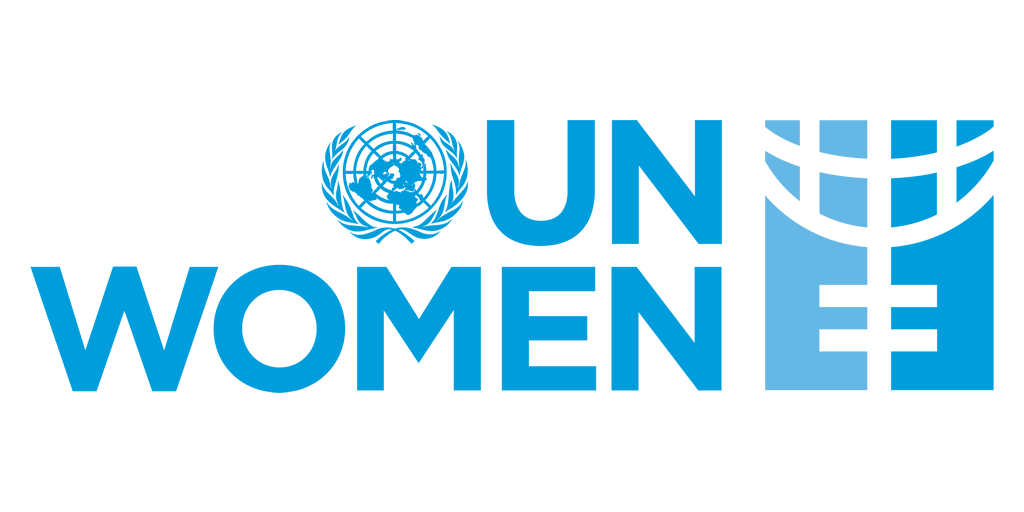By Muhammad Amaan
UN Women Nigeria has called for the active inclusion of women with disabilities in peacebuilding efforts across Adamawa State to promote a more inclusive and equitable society.
Programme Analyst at UN Women, Mr Olaniyi Aderibigbe, made the call on Thursday in Yola, Adamawa State at the conclusion of a three-day workshop themed “The Role of Women with Disabilities in Peace building in Adamawa.”
The event, supported by the National Humanitarian Fund, aimed to build the capacity of women with disabilities and advocate for their integration into peace processes in the state.
Mr Aderibigbe highlighted those women with disabilities faced compounded challenges, including social stigma, discrimination, limited access to financial resources, and exclusion from policymaking.
“The first two days of the training focused on engaging them meaningfully in conflict prevention and peacebuilding.
“Today, we contextualised the peace and security agenda in Adamawa, focusing on the legal and policy frameworks that protect the rights of persons with disabilities,” he said.
He stressed the importance of inclusive peace mechanisms in Adamawa, a state affected by insurgency and farmers-herders clashes, noting that empowering all groups, including women with disabilities, was vital for sustainable peace.
“Being a woman with a disability already presents disadvantages. We want to equip them with the knowledge and skills to mediate conflicts and contribute to peace in their communities,” he added.
Programme Manager at UN Women, Mr Peter Mancha, described women with disabilities as among the most marginalised and vulnerable groups.
He said UN Women would continue creating platforms for them to engage with policymakers, stressing, “We are not asking for special treatment, just inclusion.”
Mr Mancha said participants would be introduced to advocacy networks such as the Women Mediation Network, the HeForShe Campaign, and the Male Gender Champions Network to support their ongoing efforts.
“This training will enhance their communication skills, build confidence, and empower them to demand their rights rather than rely on others to speak for them,” he added.
Mrs Lami Yusuf, a woman leader from the PWD community in Michika LGA, described the workshop as life-changing.
“In the past, we lacked the critical knowledge and skills for mediation. Now we understand our rights and roles in building peace,” she said.
Mrs Yusuf pledged to pass on the knowledge to others in her community.
Chairman of the Joint National Association of PWDs in Adamawa, Mr Sani Sabo, called the training timely and impactful.
“We learned about gender-based violence, mediation, and conflict resolution, skills we can now use to promote peace in our communities,” he said.
However, he lamented the weak implementation of conflict resolution policies and urged sustained support for marginalised groups.
“We are often direct victims of conflict. With this knowledge, we are better prepared to advocate for ourselves,” he added.
Participants included persons with disabilities from various clusters, physically challenged, visually and hearing impaired, as well as women leaders from LGAs across the state and members of Civil Society Organisations (CSOs).




